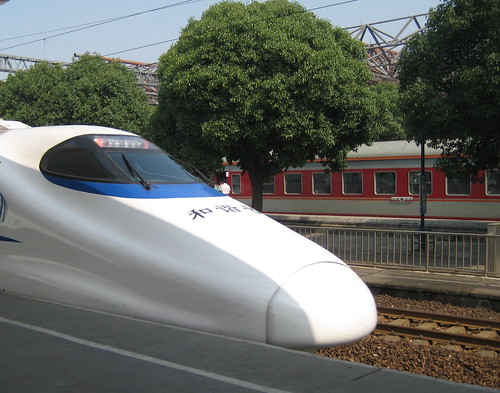 Follow the money. It's a famous tradition and there's been lots of impressive 2010 announcements. These include the big picture: India's green domestic product; and, the International Energy Agency calling for the world to eliminate fossil fuel subsidies. These currently stand at $312Bn in 2009 versus renewables at $57Bn
Follow the money. It's a famous tradition and there's been lots of impressive 2010 announcements. These include the big picture: India's green domestic product; and, the International Energy Agency calling for the world to eliminate fossil fuel subsidies. These currently stand at $312Bn in 2009 versus renewables at $57BnAt a project scale there are substantial moves and the numbers are getting large: a $1.3 billion finance package and loan guarantee for the world’s biggest on land wind farm in the USA. Or the world's largest solar project close to securing a loan guarantee. Overall wind power grew 25% globally this year, representing about $60 billion of investment (at USA costs).
It's not only big projects but coordinated individual action as well. For example, in Australia 100,000 rooftop solar panels were installed this year. That's more were installed in the entire previous decade.
On a company scale, GE's business case for buying (not selling) electric cars sees it predicting a half billion dollars in revenue. And a sector scale HSBC estimates energy efficiency opportunities to be a $1.2 trillion market in 2020.
Next post continues the 2010 wrap looking at Technologies Previous post Overview: The Money, The Tech The Mind









